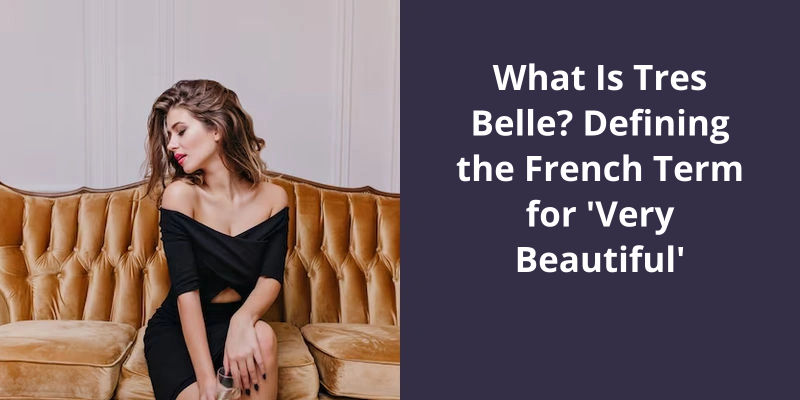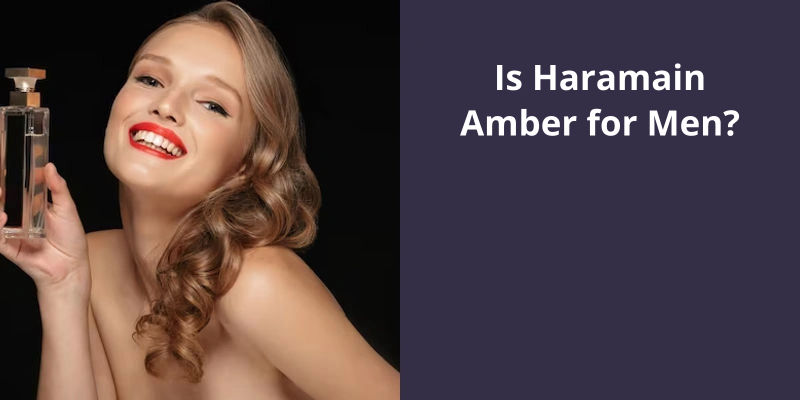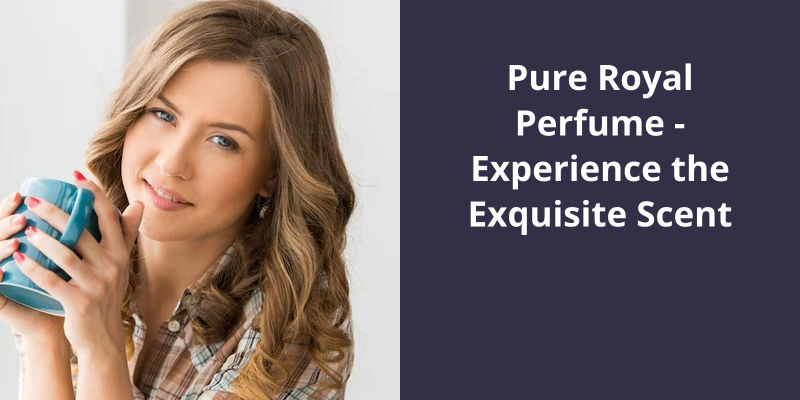“Tres Belle” is a French phrase that translates to “very beautiful” in English. It is often used in the context of complimenting someone’s appearance or the attractiveness of an object, scenery, or circumstance. In French culture, it is common to use phrases like “Tres Belle” to express admiration or approval, much like how “very beautiful” is used in English-speaking contexts. Despite its frequent usage, the phrase maintains a formal tone and is often seen in more elevated, respectful conversations. It’s a simple yet expressive phrase that epitomizes the romantic nature of the French language.

Is Tres Belle Correct?
The French language is known for it’s elegance and complexity, and it’s widely recognized as one of the most beautiful languages in the world. One of the key components of this beauty is the expression “très belle,” which is often used to describe a woman’s beauty. Many people wonder whether this phrase is correct or if there are other, more appropriate ways to express the same sentiment.
The answer to this question isn’t a simple one. It’s certainly correct in the sense that it’s widely accepted and easily understood by native speakers of French, but it may not always be the best choice depending on the context or the specific characteristics of the object or person being described.
It connotes a sense of elegance and refinement, and it’s often associated with classic notions of beauty that are timeless and universal. At the same time, however, it can also be seen as somewhat generic, and it may not always capture the unique qualities that make a particular person or thing beautiful.
For many people, it remains a beloved and iconic expression that captures the essence of French beauty and culture. For others, it may be seen as overused or generic, and alternative expressions may be sought out in order to express beauty in a more nuanced and personalized way.
Other Commonly Used French Phrases to Describe Beauty or Elegance
Here are some more French phrases to express beauty or elegance that people often use: “c’est chic” (it’s stylish), “il est raffine” (it’s refined), “c’est magnifique” (it’s magnificent), “c’est joli” (it’s pretty), and “il est élégant” (it’s elegant).
La Belle, a term of French origin, has a rich history with several interpretations. It’s most commonly known as a nickname given to beautiful women, stemming from the feminine form of the Old French word “beu bel,” which means “beautiful handsome.” Additionally, it’s also a habitational name given to several places throughout France. The meaning of La Belle varies based on it’s context, and understanding it’s root meaning can help reveal it’s significance in each particular instance.
What Is the Meaning of La Belle?
La Belle is a term that’s often associated with beauty and elegance. It originates from the French language, where it’s used to refer to a beautiful woman. The term is derived from the feminine form of “beu bel,” which means beautiful handsome. This etymology is rooted in the Late Latin word “bellus,” which means handsome or fine.
It’s the name of several places located in different parts of France. These places include towns, hamlets, and even small villages. People who took on the name of La Belle as a habitational name may have been from any of these places or may have lived there at some point in their lives.
In some cases, it signifies feminine beauty, elegance, and refinement. In other contexts, it may be used more broadly to describe anything that’s beautiful, attractive, or pleasing to the senses. This could include natural landscapes, architecture, artwork, or even music.
It remains an important part of French language and culture, as well as an easily recognizable term around the world.
Now that we’ve a basic understanding of what “très beaux” means, let’s explore how this phrase can be used in different contexts and situations. From describing a picturesque landscape to complimenting a piece of art, the versatility of this expression highlights the importance of having a rich vocabulary in both everyday conversation and formal writing. So, let’s dive in!
What Is Tres Beaux?
Tres beaux is a phrase that’s commonly used in French to express admiration for something that’s exceptionally beautiful or stunningly lovely. The phrase itself translates directly into English as “very beautiful,” making it easy to understand why it’s such a popular expression in France.
Used in this way, it can describe everything from a dazzling sunset to an incredible work of art. It’s versatility as an adjective means that it can describe a wide range of objects, from physical items such as jewelry or fashion accessories, to abstract concepts such as music or poetry.
This might include the way something is crafted, the quality of it’s materials, or the emotional impact that it’s on the viewer. By using this phrase as an adverb, people can celebrate the overall excellence of something without having to focus solely on it’s visible qualities.
This might include a person, place, or thing that’s known for it’s exceptional appearance, charm, or elegance. Regardless of what the noun refers to, it’s always a way of celebrating and recognizing the exceptional qualities of the subject in question.
Whether used as an adjective, adverb, or noun, it’s the power to elevate the subject in question, allowing people to recognize and celebrate their exceptional qualities. So if you ever find yourself admiring something that’s truly beautiful or exceptional, don’t hesitate to use tres beaux to express your admiration!
How the Use of “Tres Beaux” Is Different From Similar Phrases Used to Express Admiration for Beauty in Different Languages and Cultures.
This article explores the nuances of using the phrase “tres beaux” to express admiration for beauty, and how it differs from similar expressions in other languages and cultures.
The name Belle Terre has a beautiful meaning in English – beautiful earth. But did you know that this name holds even more significance in the French language? In French, Belle Terre can also translate to beautiful land, making this name a perfect choice for a place that’s blessed with natural beauty and stunning landscapes. Let’s dig deeper into the origins and significance of this name.
What Is the Meaning of Belle Terre?
Belle Terre is a French phrase that literally translates to “beautiful earth.”. This phrase carries a lot of meaning and is often used to describe stunning landscapes and beautiful places around the world. The term can also represent the importance of taking care of our planet and preserving it’s natural beauty for generations to come.
Another interpretation of Belle Terre is that it represents the interconnectedness of all things. Every plant, animal, and ecosystem on the planet relies on one another to survive, and this delicate balance is what makes our planet so special.
Now that we’ve a basic understanding of what terms of endearment are, let’s delve into the reason why French people use ma belle and mon beau to express affection towards loved ones. Despite being literal translations of “my beautiful” and “my handsome,” these terms of endearment hold a cultural significance and are deeply rooted in French traditions and values.
Why Do French People Say Ma Belle?
French language is well-known for it’s romantic connotations and sweet-sounding phrases. One such phrase is “ma belle,” which translates to “my beautiful” in English. It’s a term of endearment commonly used by the French people to express feelings of love and affection towards their significant others, family members, and close friends.
There are several reasons why French people use ma belle in their daily conversations. Firstly, the French language is known for it’s emphasis on aesthetics and beauty. This is evident in their cuisine, fashion, and art.
Thirdly, ma belle and mon beau are gender-specific terms of endearment. Ma belle is used exclusively for women, while mon beau is used for men. By using these gender-specific terms, the French people show their appreciation for the uniqueness and individuality of each person.
For example, mon chéri is a common term of endearment used for a boyfriend or husband. Ma chérie is the feminine version of mon chéri and is used for a girlfriend or wife.
These phrases reflect the French cultures emphasis on beauty and aesthetics and are a way for the French people to show appreciation and affection for their significant others, friends, and family members.
Other French Terms of Endearment Besides Ma Belle and Mon Beau
There are several French words that can be used as terms of endearment besides “ma belle” and “mon beau.” Some examples include “mon amour” (my love), “mon coeur” (my heart), “ma chérie” (my dear), and “mon ange” (my angel).
Source: What’s the meaning of the French phrase ‘Ma belle’?..
Conclusion
It embodies a sense of charm and grace that can be seen in various aspects of life, such as art, music, fashion, and even architecture. The term Tres Belle goes beyond a mere description of physical attributes and reflects a state of mind, a way of life. It’s a concept that’s evolved over time, and even though it’s origins can be traced back to the French language, it’s now become a global reference to all things that are beautiful and refined.





